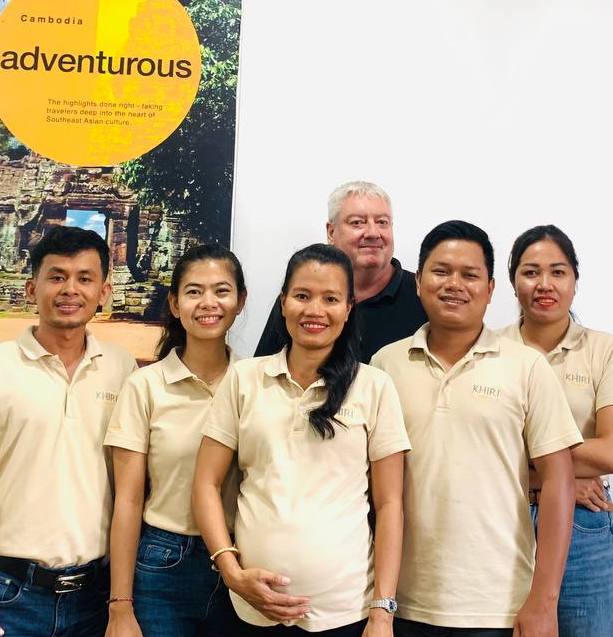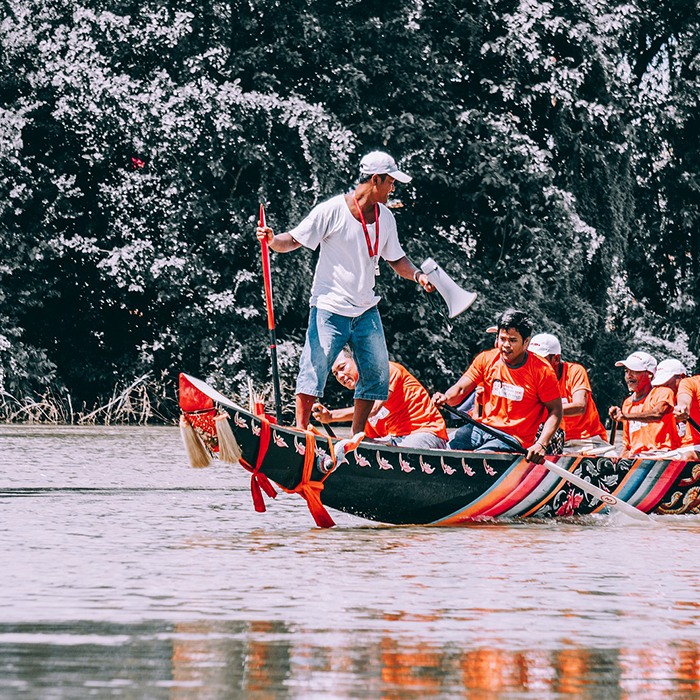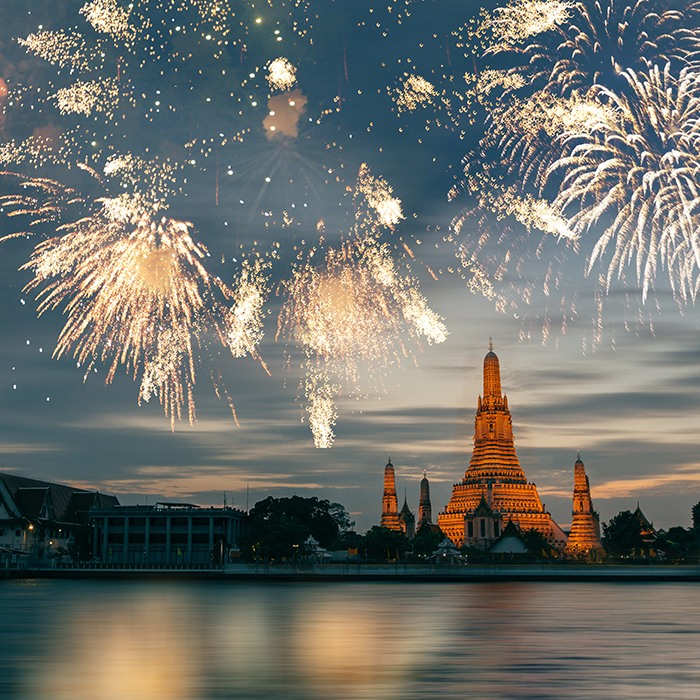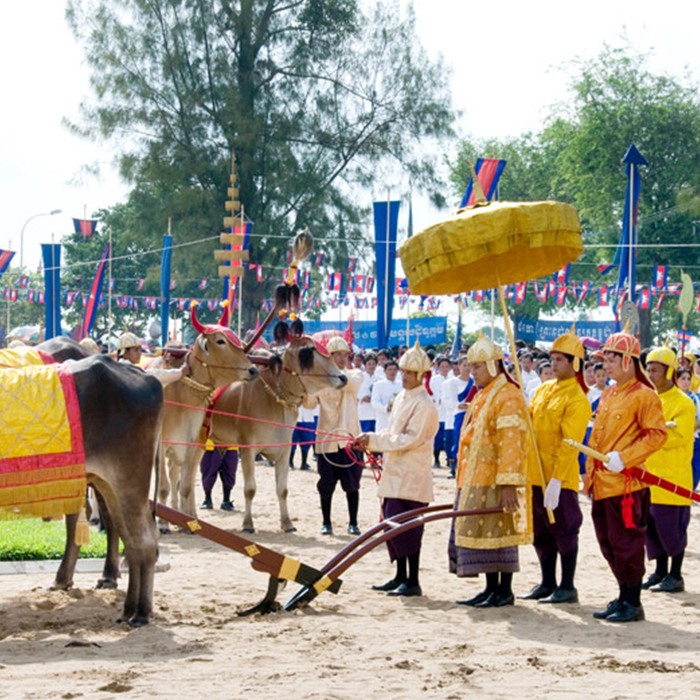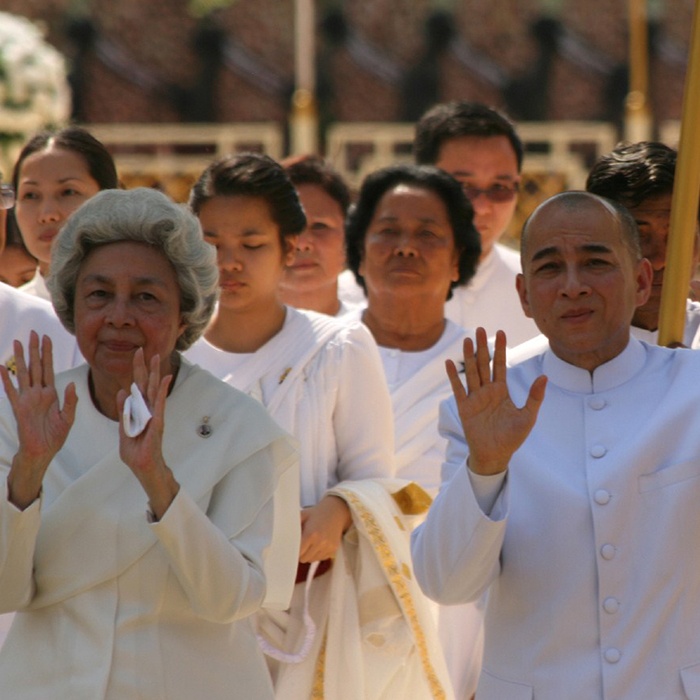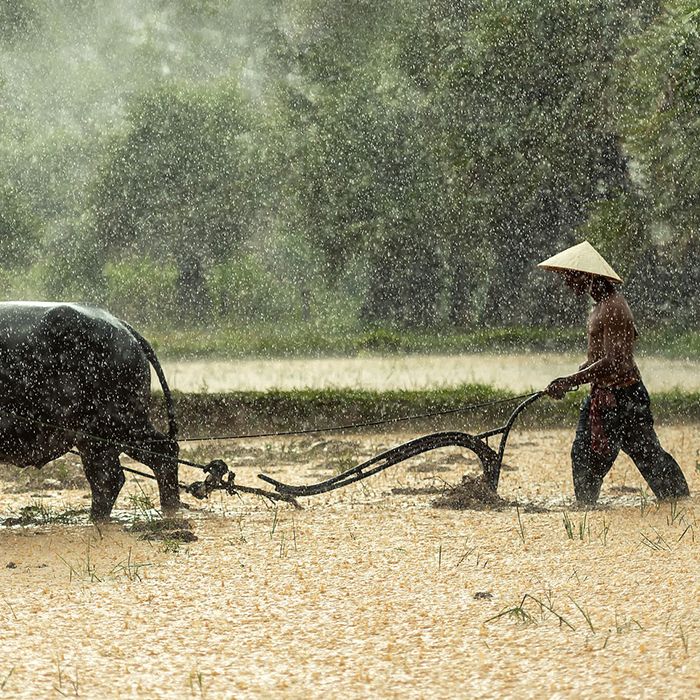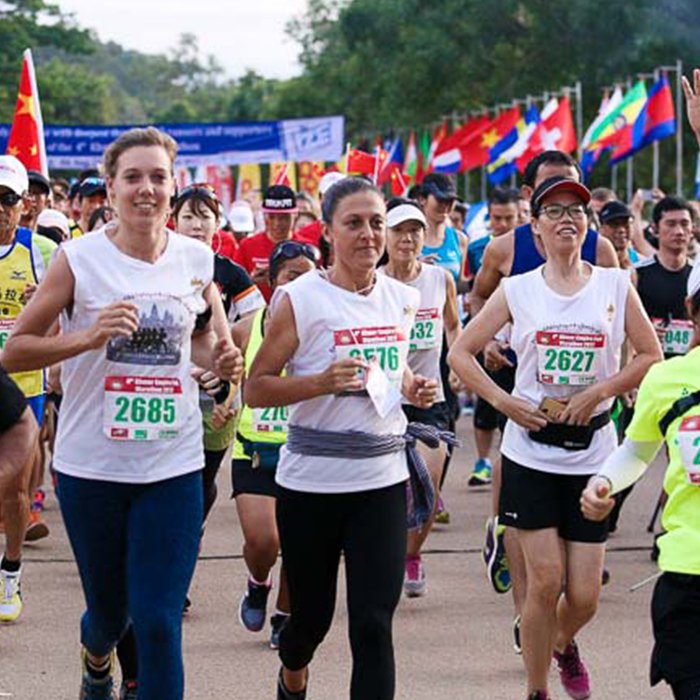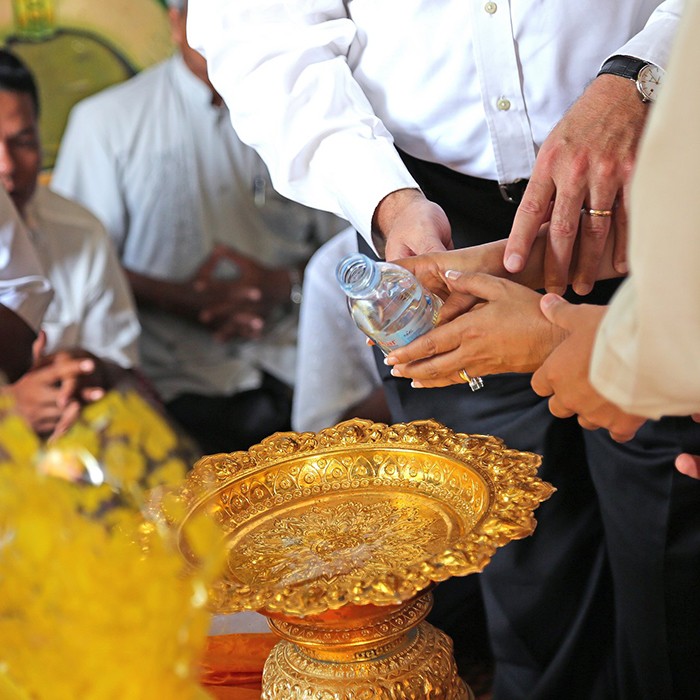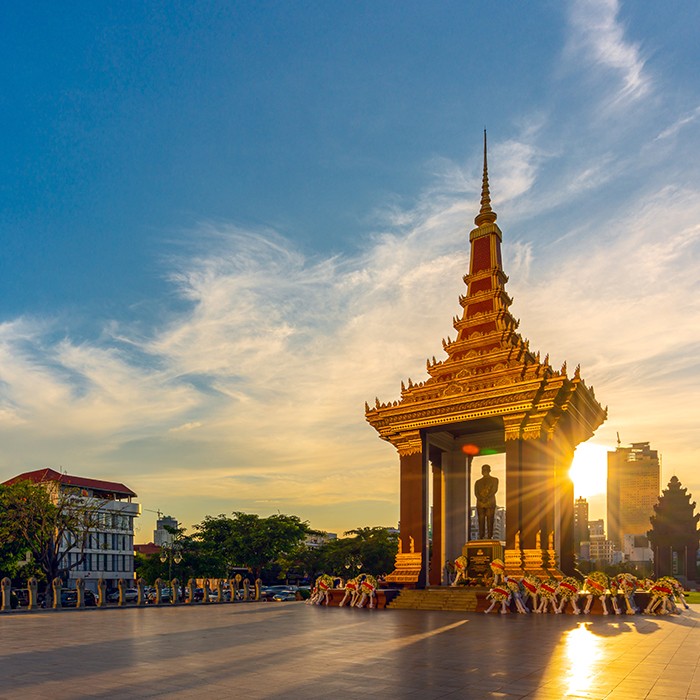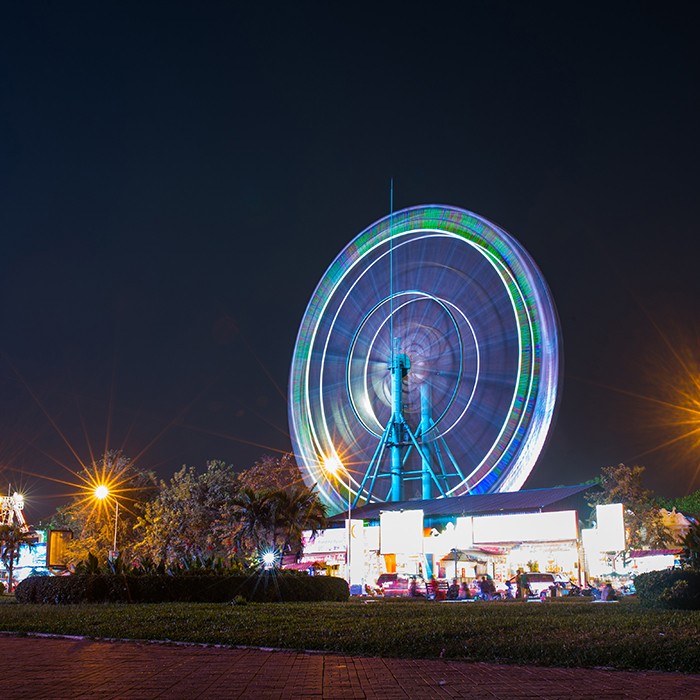Khiri Travel Cambodia is a Cambodia DMC offering unforgettable travel experiences throughout Cambodia that are designed to showcase the culture, landscape, architecture, and people that this unique destination has to offer. Cambodia is an amazing country for visitors, with spectacular Angkorian temples, charming colonial towns, lush jungles, buzzing cities and tropical island beaches. As pioneers in the industry, Khiri Travel presents Cambodia in an entirely unique way, whether it be exploring temples, an exclusive cultural encounter, or an off-the-beaten-track countryside adventure.
Our experienced local teams, who are based in our two office locations – one in the capital city, Phnom Penh and another in the tourist town of Siem Reap – offer expert local knowledge and timely and professional services. Since we first opened back in 2000, we have had a strong commitment to providing the highest possible quality travel experiences, with our unique products, highly knowledgeable tour guides, hand-picked accommodation recommendations and high-standard transport options. Sustainable tourism is at the heart of everything we do at Khiri Travel Cambodia and we are proud to be a partner of Travelife, a rigorous responsible tourism certification scheme for tour operators and hotels.
